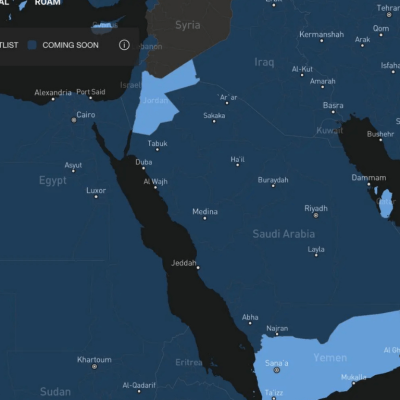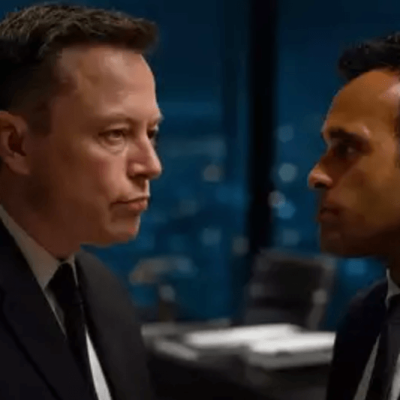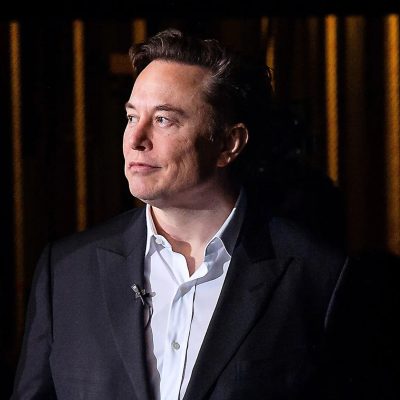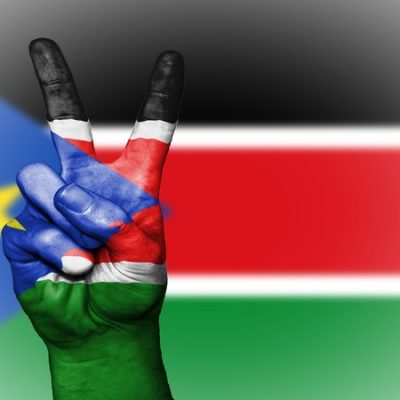Starlink Caught in Legal Dispute Between Elon Musk and Brazil’s Top Court
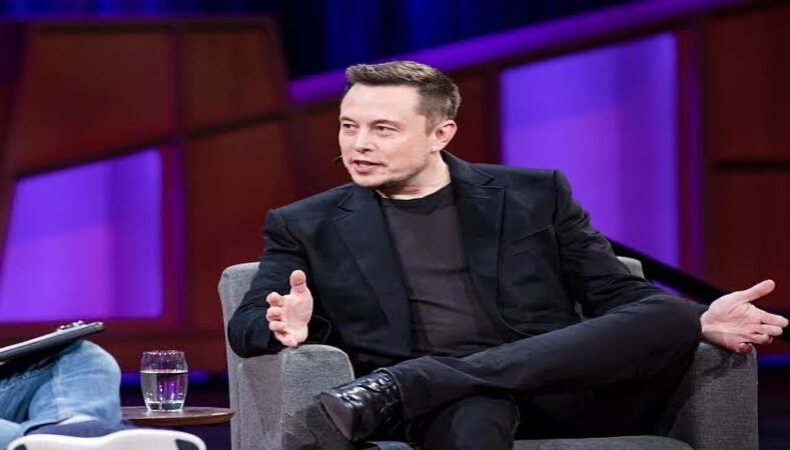
Among a fast growing dispute, Elon Musk’s satellite broadband company, Starlink, has been important in the ongoing conflicts between the tech magnate and Brazil. The case centers on a collection of legal orders from Brazil’s top court that have frozen Starlink’s accounts and barred access to X, the social networking platform Musk owns as well. With significant consequences for Musk’s companies as well as the Brazilian government, this conflict falls into a bigger narrative including issues of censorship, legal compliance, and protection of free speech.
Starlink’s Defiance and Compliance: The Battle’s Starting Point
The argument grew increasingly heated when Starlink, acting aggressively, first defied a court ruling penned by Brazilian Supreme Court justice Alexandre de Moraes. The directive mandated that Starlink among other national internet providers ban access to X. By advising Anatel, the telecom regulator of Brazil, that it will not respect this rule, Starlink essentially disputed the authority of the highest court in the nation on Monday.
But just twenty-four hours later Starlink changed its perspective. Unbelievably, the company informed Anatel it would follow court orders and initiate the process of limiting X access within the country. Anatel said that Starlink had started to implement the block, therefore suggesting that, in spite of prior opposition, the company was now giving in to legal demands from the Brazilian court. Under several legal systems and regulatory structures, this swift about-face highlights the challenging and occasionally precarious scenario worldwide digital enterprises find themselves in.
Financial Implications: Assets Freeze of Starlink
The situation worsened when Judge de Moraes mandated the freezing of Starlink’s funds, as if the compliance issue was insufficient challenge. This was supposed to be a safeguard ensuring Starlink’s resources could cover any fines levied on X from its Brazilian legal conflicts. The suspension of accounts indicates a significant escalation in the fight, thereby connecting the legal outcomes of X to the financial operations of Starlink in Brazil.
Starlink commenced legal measures before the Supreme Court of Brazil in reaction to this severe financial restriction. By reflecting a “gross illegality” as well as an injustice, the company said the judge’s decisions violated Brazilian constitutional norms. Starlink’s public remarks clearly show that it intends to run out every legal path to challenge these rulings and that it views these acts as part of a greater pattern of improper treatment. Particularly in cases when legal and regulatory actions are considered as overreach, this legal conflict draws attention to the growing tensions between tech companies and national governments.
Roots of the Conflict: Censorship, Control, and Social Media Power
The roots of this controversy can be traced in an earlier order Judge de Moraes issued this year. X was forced by this series to block accounts connected to spread of misleading information and hate speech distribution under investigations. Having long stood out as a protector of free expression, Musk angrily opposed to the rule, labeling it as an act of censorship. Such moves, he said, not only stifled free expression but also set a risky precedent for government intervention into company affairs.
Reacting to this claimed censorship, Musk decided radically to close X’s Brazilian headquarters in mid-August. X stayed available to Brazilian customers long after its physical presence in the country closed, though, until the most recent court-ordered shutdown—which a panel of Supreme Court justices finally approved. With each side firm to its values—Musk for the defense of free expression, and the Brazilian court to the execution of national laws—this series of events highlights the increasingly strained relationship between Musk’s companies and the Brazilian government.
The Broader Legal and Political Context: Missed Deadlines and Constant Legal Argues
Starlink has suffered more as the legal battles furiously on. Particularly, the company missed a vital deadline to contest the court’s decision on freezing of its accounts. This discrepancy, noted in court records, raises questions about Starlink’s legal strategy’s direction in Brazil and whether the company has any remaining chances to contest asset freezing. The missed deadline is particularly significant since it would limit Starlink’s ability to effectively challenge the court’s decisions, therefore perhaps depriving the business financially in one of its primary markets.
Starlink has kept underlining its dedication to investigate all possible legal solutions in the middle of these legal problems. The company’s will to question court decisions reveals not only its commitment to its operations in Brazil but also a more general opposition against what it regards as unconstitutional action by the court. This ongoing legal debate especially in circumstances where issues of censorship, legal compliance, and corporate accountability intersect mirrors the greater struggle between national governments and worldwide internet corporations.
International and Domestic Reactions: Test of Principles and Power
Musk’s companies’ battle with the Brazilian court has attracted major global attention, therefore stressing the larger repercussions of the dispute. The conflict essentially raises fundamental questions regarding the balance of power between sovereign nations and multinational technological giants. Proponents of free expression all over have found resonance in Musk’s strong criticism of the behavior of the Brazilian government, particularly his claims of censorship and despotism. Although those rules violate more basic concepts of free expression, they have also sparked debate on the responsibilities of online companies to abide by national rules.
Using VPNs and other methods even in Brazil, some X users have been able to circumvent the official prohibition. Governments fail to fully control online platforms, hence even with court support, this limited access emphasizes their challenges. It also highlights the persistence of those who are driven to learn and express their ideas in spite of government constraints.
As things turn out, it is quite clear that Elon Musk’s Starlink’s conflict with the Brazilian government is far from resolved. This issue has significant legal, financial, and ethical ramifications not only for the immediately involved parties but also for probable impacts on the more general terrain of digital rights and corporate governance. Especially in cases where their operations cross with issues of free expression and government control, the outcome of this conflict could set important precedents for how worldwide digital companies handle the complex legal environments of the countries in which they operate.
In the end, the way this conflict is settled will most likely have effects on Starlink and X as well as on the global debate on the purpose of technology in society. As governments all around battle with the difficulties created by powerful internet companies, the outcome of this legal dispute in Brazil could serve as a forerunner for forthcoming battles between state authority and corporate power in the digital age.

